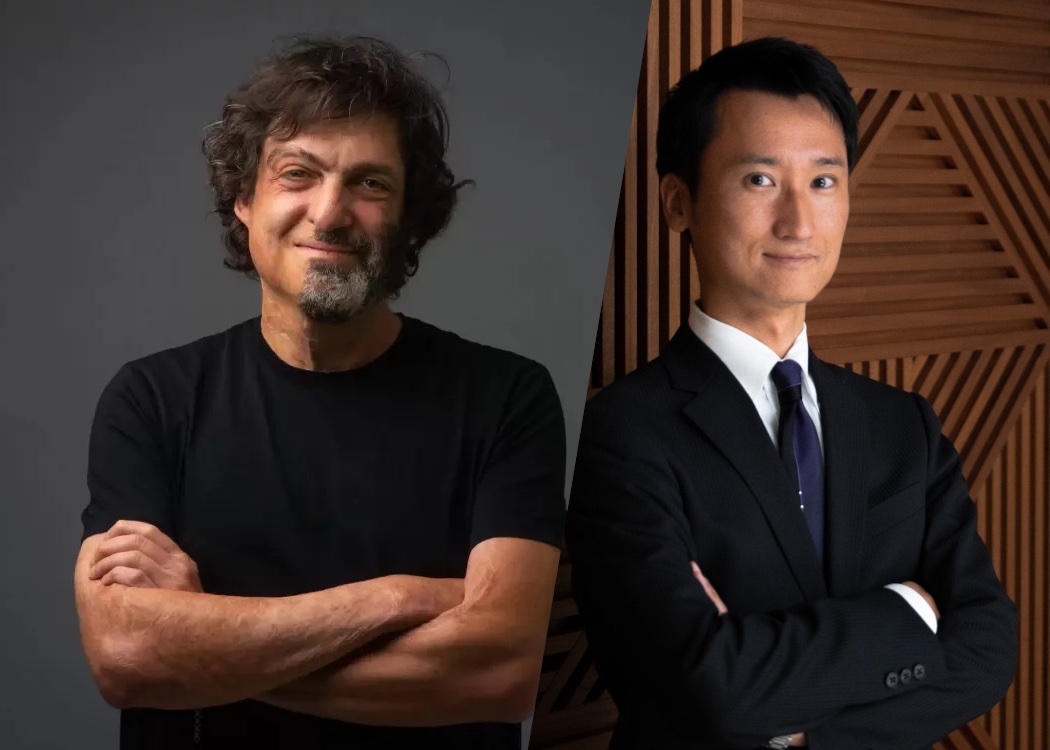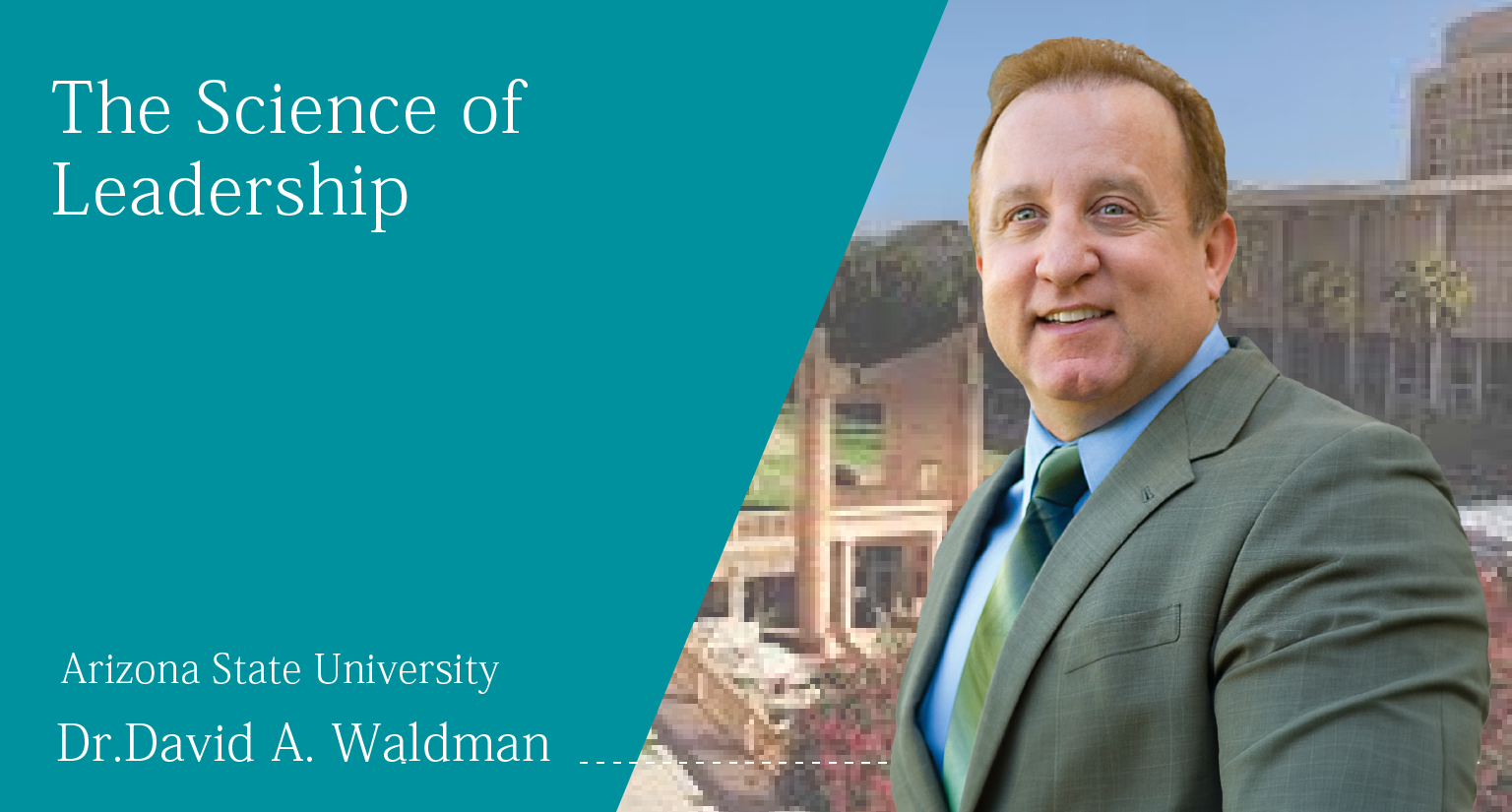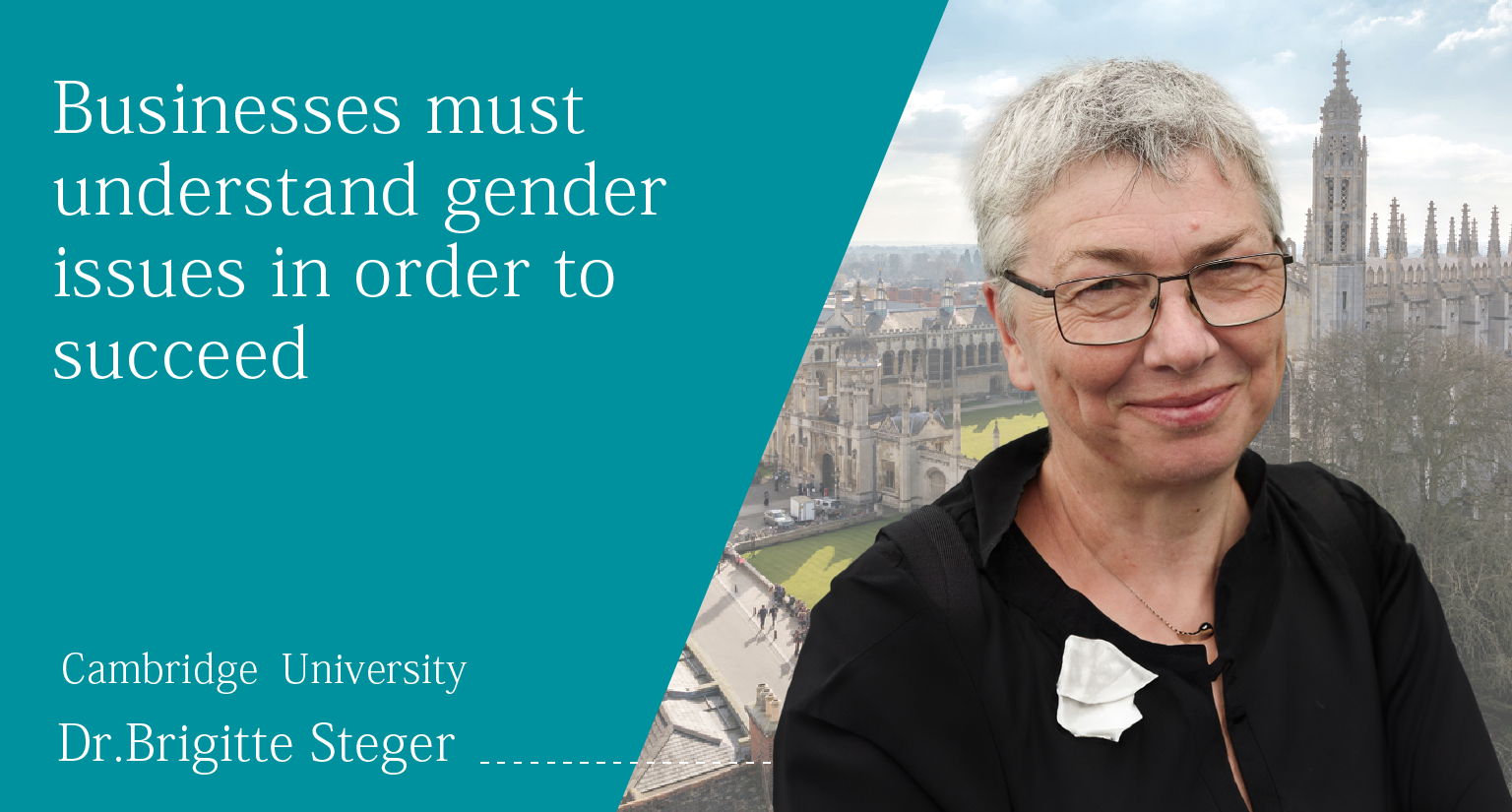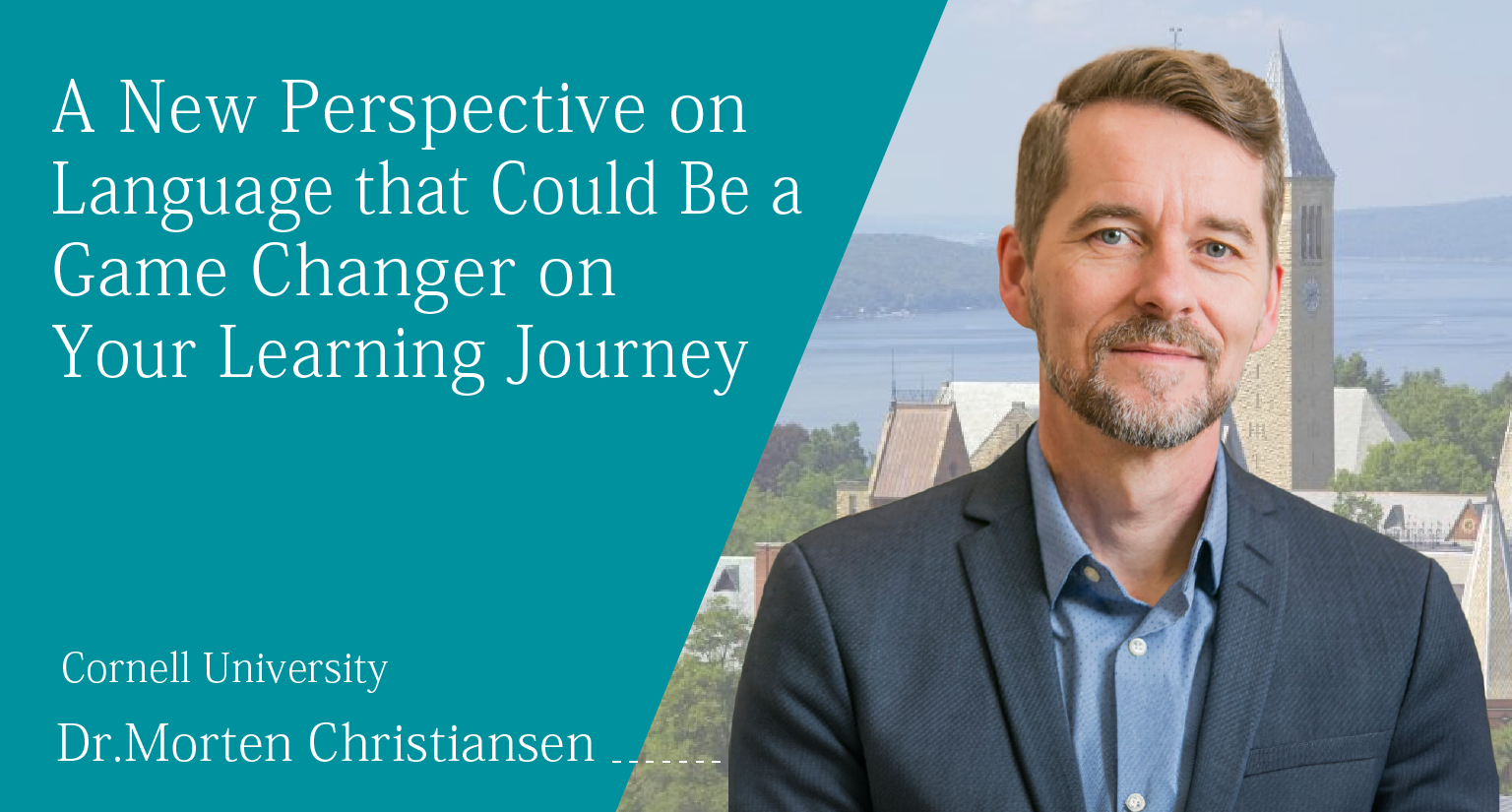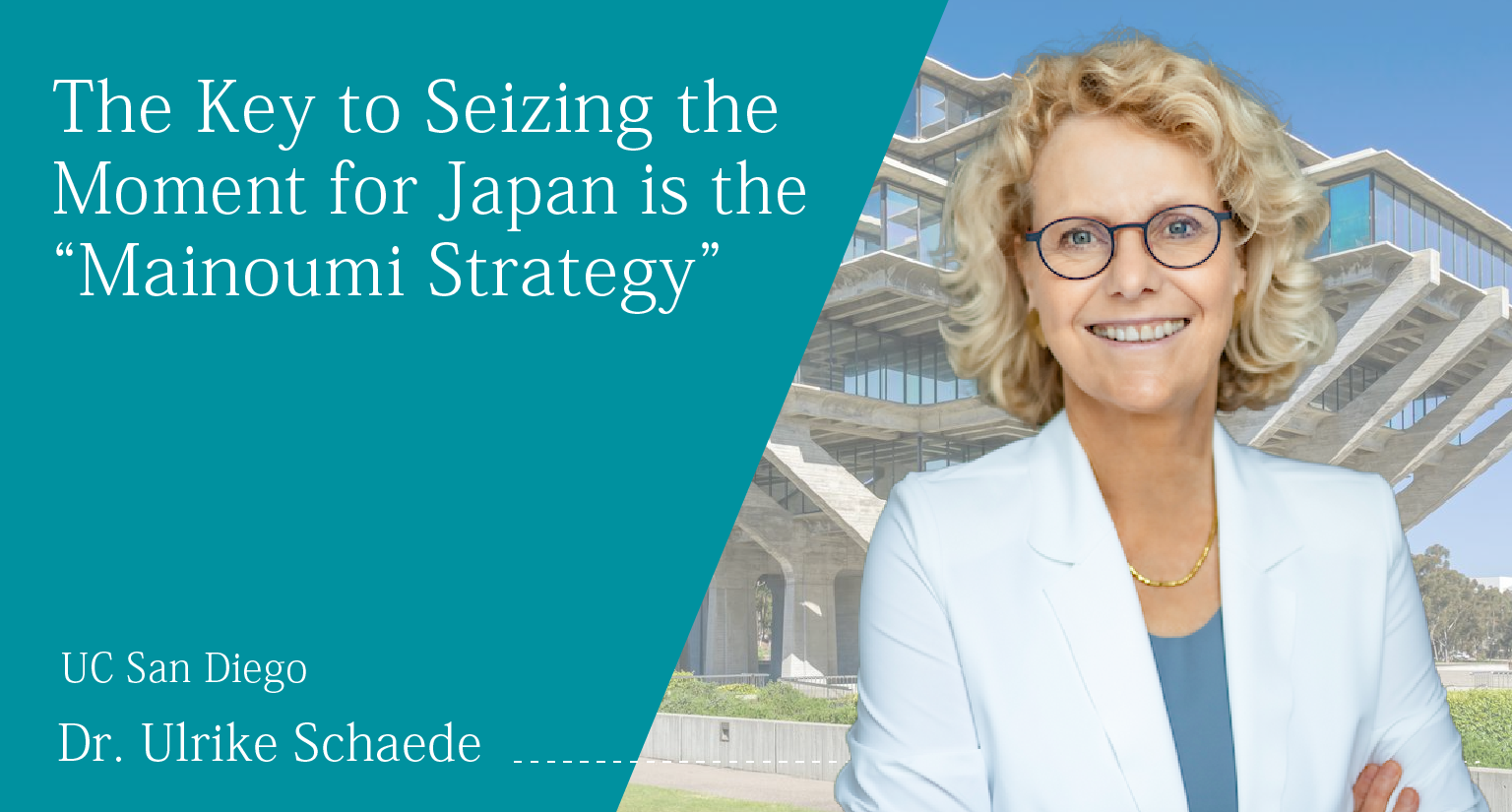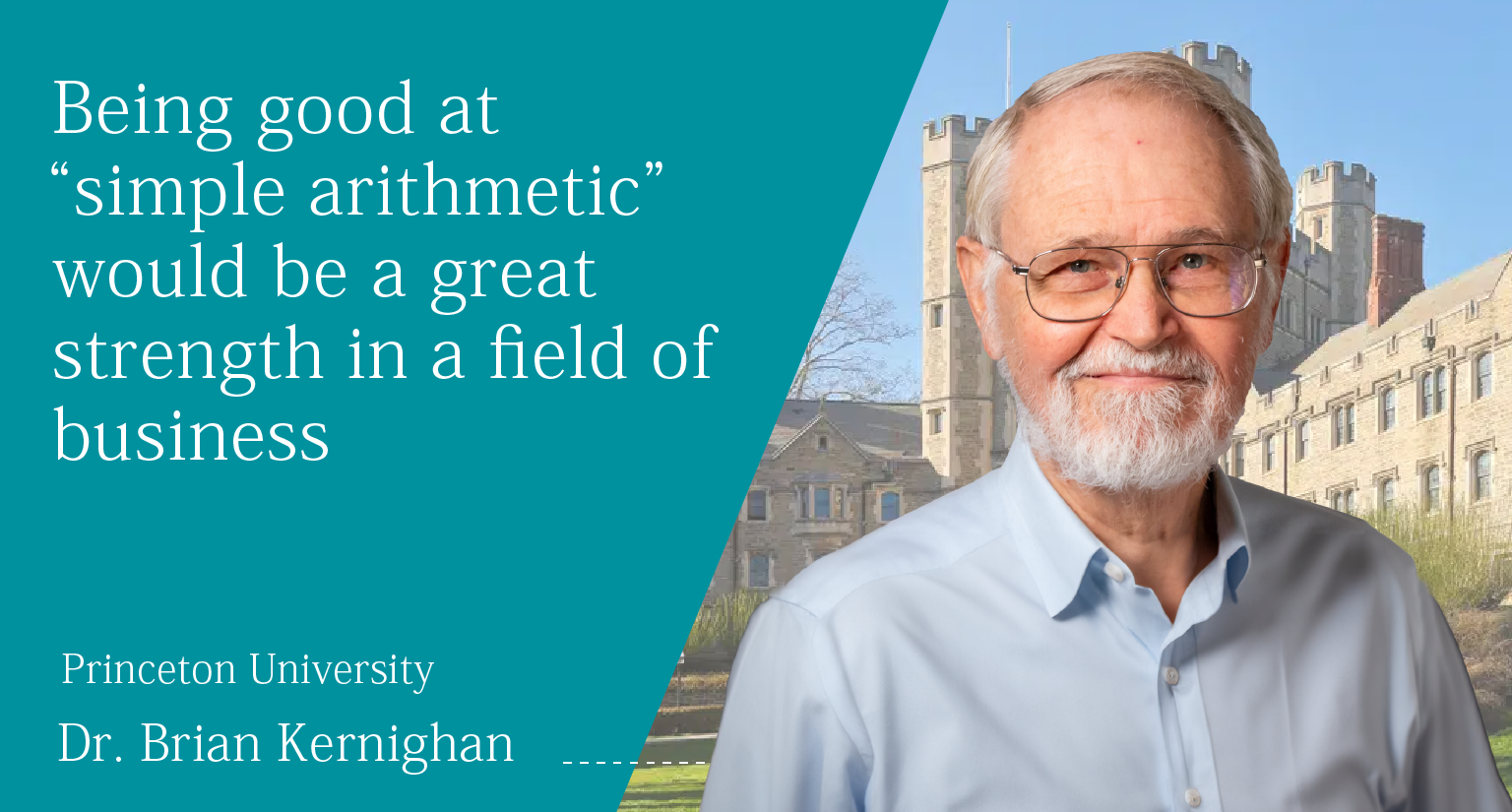Many of us have the experience when we spend money and regret it badly the next day.
Somehow, we tend to be able to less logical when it comes to money even if we are so much more capable of thinking logically in communication and data analytics in business.
Dr. Dan Ariely, a Professor of Psychology and Behavioral Economics and the author of Dollars and Sense, teaches us how to be better at money.

Dr. Dan Ariely
Professor at Duke University
Dr. Dan Ariely is a professor of Psychology & Behavioral Economics at Duke University. He has also advised governments in South Africa, the Netherlands, Brazil, United Kingdom, US, Saudi Arabia, and Israel. Among the projects he has been involved with is how to help those in historically excluded populations stay in school, how to help women in these populations find work, and how to encourage more kids—girls especially—to study computer science.
He is a founding member of the Center for Advanced Hindsight, co-creator of the film documentary (Dis)Honesty: The Truth About Lies, and a three-time New York Times bestselling author. His books include Predictably Irrational, The Upside of Irrationality, The Honest Truth About Dishonesty, Irrationally Yours, Payoff, Dollars and Sense and Amazing Decisions. His latest book Misbelief was published in September 2023.
Humans are not designed to be logical about money

Sato:
Could you share a few examples of situations where people are unable to make rational decisions regarding financial payments?
Dr. Ariely:
Most of the mistakes I discussed in my book, Dollars, and Senses, are about us as consumers. Before I start to say something about mistakes themselves, we might need to think about why we make these mistakes. Humanity has evolved over a long period. You can think about the human mind as a set of tools that are designed to deal with visual stimuli, auditory stimuli, language, walking and breathing, and all kinds of things. However, money has shown up only very recently in our evolutionary history, therefore we don’t have specific tools to deal with it. We have to use the tools we have, which are not the ideal tools to think about money, so we have a mismatch between our cognitive tools on one hand and money.
Now you might say, “I’m hoping that one day our mental tools will catch up with money”.
But unfortunately, technology is incredibly quick. Looking back over the last 10 years, we moved almost completely from cash to digital. We have a touchless interface and cryptocurrency. All of them are the things we are not designed for. When it comes to money, the pace of human progress is faster than our evolution speed.
Sato:
I agree with you that technology is evolving faster than human progress. And that definitely makes it more difficult to deal with money.
Dr. Ariely:
Exactly. We are facing a more and more complex environment that is not designed for us. Thus, to make rational money decisions it means that we need to know which one of those things is the best thing to do.
We can use money to buy many things, such as a car, a house, food, entertainment, and music, and we also can use it to buy time by paying a babysitter. What should we spend the extra $10 on?
Money is all about opportunity cost. If we buy one thing, we can’t buy something else and we have to make these trades. However, in reality, the opportunity cost is quite tough to do. Think about it. When was the last time that you went to a coffee shop and you thought to yourself, “What else could do with this money if I don’t buy a cup of coffee?
Sato:
When I am about to purchase something, I may not think about what else I could buy with the money.
Dr. Ariely:
Exactly, most people are not used to thinking like this. We also don’t think about the opportunity cost when it comes to expensive things like phones, computers, and cars. Not only that, as I discussed earlier, technology is making it harder. Imagine that you would be given ¥10,000 in cash, every single day. You would probably be willing to understand your opportunity cost. You would think, “If I spend a lot on breakfast. I might not have money for dinner, and if I take a taxi, I might not have money for other things”. If I gave you cash just for today, you would understand the trade-off, which is, to do more of this, you have less of that. Now, what would happen if I gave you the money once a week? Instead of ¥10,000. I give you ¥70,000 each week. On the first day of the week, you would not think you have any opportunity cost, and toward the end of the week, you will probably get stuck with not enough money. What if I gave you the money for a month? What if I add savings accounts and car payments and then mortgage payments?
Sato:
Come to think of it, I am rarely aware of how much I spend in my daily life.
Dr. Ariely:
On many occasions, people are not aware of their financial decisions. For instance, when we ask people how much a month they are spending on subscriptions, most people are very far off. They don’t know how much they’re spending. People sometimes don’t even remember all the subscriptions they have, and then when they estimate the amount, it’s not even close to what the actual amount is. Another example is shopping in a supermarket, where we end up spending more than we thought we would. Another one is that once we get attached to something, we end up spending too much on it. The list goes on and on, but the point I would like to make is that we are not designed to deal with money, and the complex and wonderful modern life is making it even more difficult. Now just to be clear I’m a big fan of modern life, I’m very happy that we’re living in this era.
But we just need to recognize that an environment is not designed to get us to make better decisions. It’s an environment, that is designed to get us sometimes to make worse decisions.
6 factors on irrational financial decision making
Sato:
Thank you. Now, the next question is, according to your book Dollars and Sense, 6 factors that contribute to people making irrational judgments about money payments? Could you provide brief introductions of each factor of the readers?
Dr. Ariely:
Certainly. The first and perhaps the most important factor is emotions. One way to think about it is self-control, but let’s call it emotions for now. Emotion is the idea that we have two types of thinking. We have cognitive thinking in which we think carefully about the cons, pros, and benefits. Then we have emotional decision-making, which is not quite as thoughtful. The reality is that when it comes to financial decision-making, we often succumb to our emotions. This is exactly why we don’t exercise enough, why we overeat, and why we overspend. We might have an idea of what we want, but then we walk by a store, and we see a nice hat, or a sweater, or a gadget, or something, and we end up buying it. That is to say, emotions are what get us to act in ways that are not rational and not optimal for us.
Sato:
That’s true because I am sometimes impulsive and buy things that I should not have bought otherwise.
Dr. Ariely:
The second factor I would like to mention is relativity. Relativity is interesting because it is a general algorithm that the brain has to deal with all kinds of things. This algorithm makes us notice the relativity of things we compare rather than measuring the absolute value of them.
Going back to when you were a kid think about the time when your mother poured you and your siblings some juice. If there was a small amount of difference, you would care, wouldn’t you? It is not about the total amount of juice, but it is about the difference. The human system in many ways is designed to focus on relative differences, not absolute differences.
The same goes for money. For instance, imagine you’re going to a store, and they’re selling some cheap reading glasses for $15. Then you learn that you can get a discount if you go to another store that is 10-minute walk away. And the discount would make it $7 instead of $15. Most people would walk the extra 10 minutes to save $8 on a $15 because they would get more than 50% off.
Now, imagine that they are selling expensive VR glasses which cost $1,015. Again, you could walk 10 minutes and get them on a discount that would make it $1,007. It’s the same $8 different. What happens now? Most people don’t walk. Your bank account only cares that this is $8, and it doesn’t matter if it’s coming out of $15 or $1,015. In the first case, even though it’s $8, we would think about it intuitively, it’s more than 50% discount. In the second case, we would think it’s a tiny percentage and not worth our time. Our psychology makes us notice relative differences, not absolute differences.
Sato:
That makes sense. The example you gave me was about discounts, but could a special offer also be influenced by the principle of relativity?
Dr. Ariely:
Absolutely. For example, when you buy a new car, a car dealer would ask you if you would like to spend another $2,000 on a better stereo system, you would say, “Of course”, This is because if you’re already spending $40,000, spending $42,000 looks small in comparison. However, you would not spend $2,000 on the stereo system without that big amount because if you’re spending zero and you’re going to buy a stereo system, $2,000 is a lot of money. Another example is house renovation. Many people report that when they renovate the house, it’s easy for them to spend more money. If you’re already spending a lot of money to renovate the house, and the contractor offers you a TOTO bidet toilet for $2,000, then you would think it is worth $2,000. This is an example of relativity in which people think in relative terms.
Sato:
Recognizing this algorithm might be helpful when we buy or sell things.
Dr. Ariely:
The third factor is the pain of paying. The pain of paying is the idea that when we pay it’s not just about the actual amount of payment, it’s about how salient the payment is. Here’s an example. When I teach about the psychology of money, I bring pizza to the class, and I charge the students 25 cents per bite. What do you think would happen? They take a huge bite. This behavior is a consequence of salience. That is, the payment is so salient that the students want to make it efficient, so they push the pizza in. The pain of paying is basically saying that when we spend money, there are ways to make it more salient and less salient, and the strong salience makes people enjoy the process less.
Sato:
I think overall satisfaction of the meal might not be very high if you focus too much on efficiency. Of course, It would be best if both affordability and enjoyment could be achieved though.
Dr. Ariely:
Let’s continue with the restaurant metaphor then. Imagine that I own the restaurant and I figured out that people eat 100 bites per $100 of payment. Then I came to you, and I said “I will offer you a great deal, it will be 50 cents per bite. Usually, people pay on average one dollar per bite so for you it will be 50% off.” Then I’ll serve you a dish, sit back, and every time you take a bite, I’ll mark a little V on my notebook. And at the end of the meal, I’ll charge you 50 cents per bite. How much fun will that meal be? It will be quite terrible because the salience is high.
Another example is a taxi. They used to have a meter and you would see the amount of money running. When a taxi is standing in traffic, sometimes people could decide to get off and walk from there. And then we moved to Uber and now the money is not visualized, so people don’t do that anymore.
The point is that it’s about the saliency of money and the pain of paying. The pain of paying is the idea that money is not just about the amount of money you’re paying, it’s about the saliency of the money. It’s neither good nor bad, it’s about how we choose to make it. We could make it more pain of paying then naturally people would do less of that activity. On the other hand, less pain of paying means people would do more of that activity. It’s important to be aware of not only the amount of money but also the saliency and the pain of paying to make a better financial decision.
Sato:
Come to think of it, the meter system certainly made me aware of the amount of money I was going to pay. Being conscious of those concepts in daily life would help to make financial decisions.
Dr. Ariely:
The fourth factor is mental accounting, which is the idea that the way money comes in influences how we feel about spending it.
If we get $1000 in a gift card, we would feel very comfortable spending it very quickly.
If it comes from a checking account, we would feel more reluctant about spending it. Or imagine you gamble and win some money. You would feel more comfortable spending it than spending the money in your savings account.
Even if the money comes in the same way, for instance as a paycheck, a salary schedule also makes psychological differences when you receive it. Imagine that you worked for me. I could give you either $1,000 extra a month, or $12,000 extra at the end of the year. which one do you think is better? Rationally speaking, a monthly bonus is better because you get it at a shorter interval. However, the way money comes in makes a huge difference in the way people would spend it. People tend to spend it on bills, electricity, groceries, and so on when they get the money every month. When they get money as a yearly bonus, they would do something special for themselves such as traveling or buying a new bicycle. Apparently, it would allow them psychologically to do things that they wouldn’t allow themselves if they got the money every month.
As described, we have psychological biases regarding how money is acquired and how it is received, which influence how we spend money. To be better at money, it is important to recognize we have that tendency.
Sato:
I have personal experience with the salary example you mentioned. I remember myself making similar decisions in how to spend my money.
Dr. Ariely:
I also would like to go into detail about the magic of free. It turns out that when something costs zero, we’re very excited about that. Think about how much time people spend reading free news even if it’s low quality. Or think about how many of us would stay on Facebook if it cost $10 a month. The moment something is free, it’s very alluring and that’s how we end up spending an incredible amount of time there.
However, as the saying goes, “There’s no such thing as a free lunch,” it’s important to remember that even when something is free, it still has its cost. It’s not uncommon for us to end up spending more time and effort than we originally anticipated for something obtained for free, often surpassing the value we would have obtained otherwise.
Sato:
What is the last factor for illogical financial decisions?
Dr. Ariely:
The last element I mentioned is expectations. Expectation is the basic idea that we don’t just experience things with our senses, we experience things with our mind. Take wine for example. If you drink wine while knowing the story about where it came from, the terrain, how it was made, and so on, would you experience it in the same way if you knew nothing about it? The answer is no because a part of our experience is experiencing with our minds.
And within this topic of expectations, you can also think about efforts. Here’s something that happened to me. I locked myself out of my house a few years ago and I had to call the locksmith. The locksmith came and he opened the door in less than a minute. He charged me $125. And I paid him and asked him about his pricing. He told me that when he was a beginning locksmith, it would take him a long time and he sometimes even broke the lock and had to charge people for his time and the lock. Still, people were very happy to pay him and they even gave him a tip. However, as he got better and better, he stopped breaking locks and people were more upset with him for how much he was charging. In this sense, if he was out there sweating for 30 minutes or an hour, people would be happy to pay him. Everybody’s better off if he’s fast than if he’s slow but apparently, that’s not how we perceive it.
When we pay money, we also pay for fairness, but the value of the service might not necessarily align with the cost. What we think is fair is what drives how much you’re willing to pay. Since expectations could sometimes greatly distort how much money seems reasonable, it’s important to take a step back and think before spending money. This can help prevent spending on unnecessary expenses.
You don’t have to be perfectly rational to be better with money
Sato:
Thank you. Thank you very much. Finally, could you please share a message with our readers?
Dr. Ariely:
I would say that there is no real way to become perfectly rational. And we also shouldn’t try to become perfectly rational. If all of a sudden tomorrow, we had some new way of thinking, and everybody started thinking more rationally about money, people would act very differently. People would most likely save more and spend less because they would be less influenced by advertising or what’s at your eye level when you go to the supermarket.
Even so, part of our humanity is in being irrational. It is irrational to give a tip to a waiter in a town that you never go back to, buy flowers for your significant others, and donate your money to a charitable organization. Part of the beauty of humanity is those irrational behaviors seek connection with others and find joy in it.
That is why I don’t think we should try to be rational. I think what we should do is try to look at what economic behaviors give us joy and what does not give us enough joy.
I suggest you go over your credit card spending once a year, look at all the categories, and ask yourself, “Which one of those things gave me a lot of pleasure and do I want to do more of those? And which one of those did I do just the right amount?”. At the end of the day, I think we could use less money and create more pleasure. First, we need to understand the relationship between how we’re using money to make ourselves happier.
( Interviewer: Naoto Sato )

